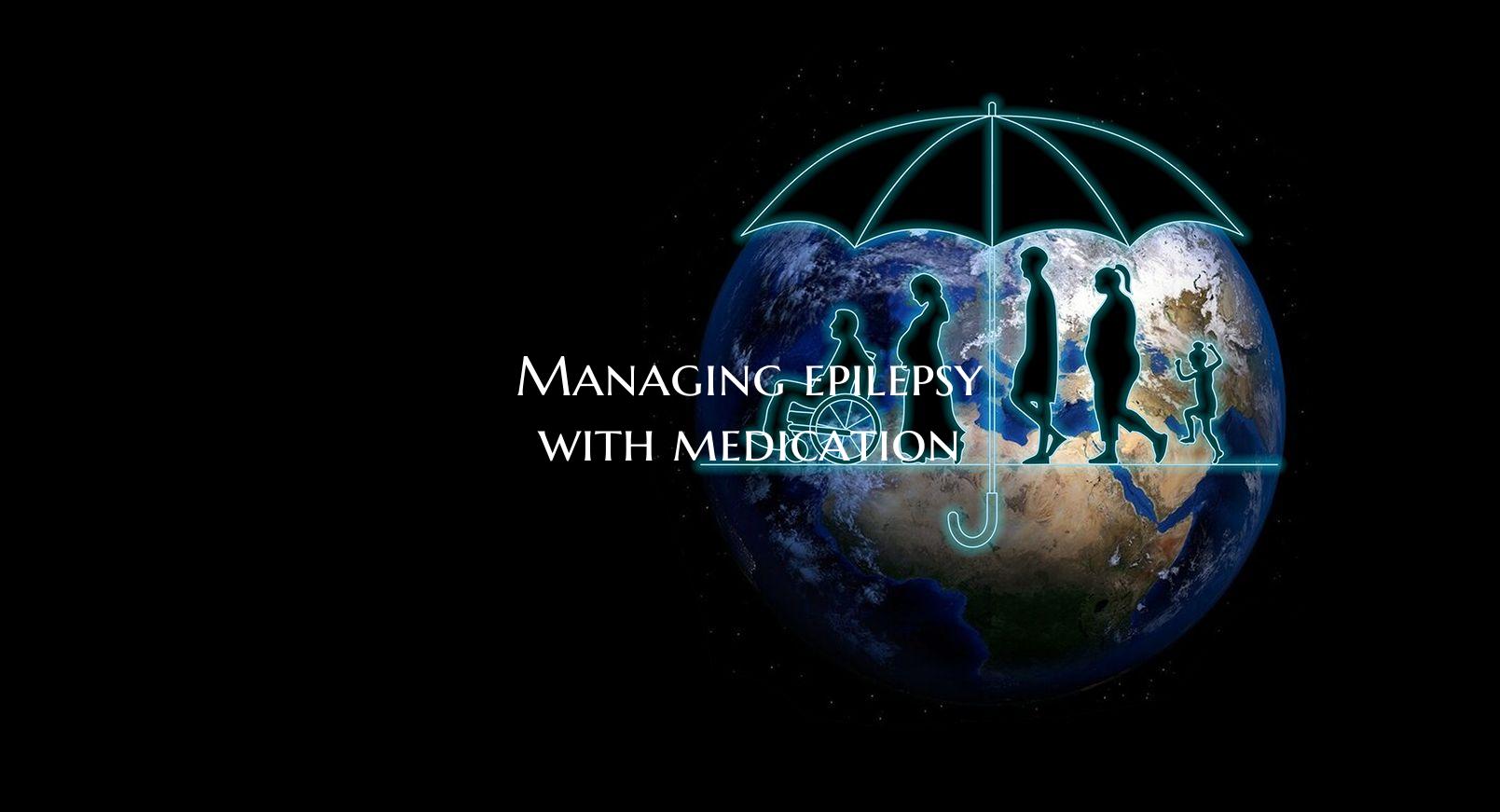
Managing epilepsy with medication
Epilepsy is a neurological disorder characterized by recurrent seizures, affecting people of all ages. Effective management of epilepsy often involves the use of medication to control the frequency and intensity of seizures. By understanding how medication works and following a treatment plan prescribed by a healthcare provider, individuals with epilepsy can lead more stable and fulfilling lives.
1. Understanding Medications for Epilepsy: - Antiepileptic drugs (AEDs) are the primary form of treatment for epilepsy. These medications work by stabilizing electrical activity in the brain and reducing the likelihood of seizures. - There are various types and classes of AEDs, and the choice of medication depends on factors such as the type of epilepsy, age of the individual, presence of other health conditions, and potential side effects.
2. Developing a Medication Management Plan: - It is crucial for individuals with epilepsy to work closely with their healthcare provider to develop a personalized medication management plan. - This plan may involve starting with a low dose of medication and gradually increasing it to achieve optimal seizure control while minimizing side effects.
3. Adherence to Medication Regimen: - Consistent adherence to the prescribed medication regimen is essential for managing epilepsy effectively. - Skipping doses or abruptly stopping medication can lead to breakthrough seizures and pose risks to overall health.
4. Monitoring and Adjusting Medication: - Regular monitoring of medication effectiveness and potential side effects is necessary to ensure optimal management of epilepsy. - Healthcare providers may adjust the dosage or switch medications if seizures are not adequately controlled or if side effects become problematic.
5. Lifestyle Considerations: - In addition to medication, maintaining a healthy lifestyle can contribute to better seizure management. This includes getting adequate sleep, reducing stress, and avoiding known triggers. - Alcohol and recreational drugs can interact with epilepsy medication and should be used cautiously or avoided altogether.
6. Seeking Support: - Managing epilepsy with medication can be a challenging journey, both physically and emotionally. Seeking support from healthcare providers, support groups, or mental health professionals can help individuals cope with the impact of the condition.
In conclusion, managing epilepsy with medication requires a comprehensive and individualized approach. By working closely with healthcare providers, adhering to prescribed treatment plans, and making healthy lifestyle choices, individuals with epilepsy can achieve better seizure control and improve their quality of life.